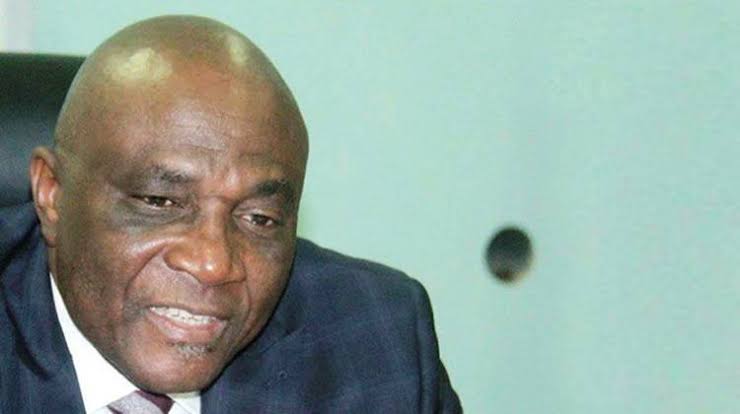
The Presidency has justified its borrowing approach as essential for driving economic development, emphasizing that borrowing—when done prudently—is not inherently wrong.
This position was clarified during a presidential media briefing in Lagos, where senior presidential aides discussed the administration’s economic achievements and projected outlook.
Just last week, President Bola Tinubu submitted a request to the National Assembly for approval to secure additional external and domestic loans amounting to N34.15 trillion.
However, Special Adviser to the President on Information and Strategy, Mr Bayo Onanuga, while responding to questions about Nigeria’s debt profile, said: “It is not a sin to borrow. Even developed nations like the United States of America, USA and the United Kingdom, UK, borrow beyond their GDP. The issue is not borrowing; it is what you do with the borrowed funds.
“We are a poor country with a large population. We must stop deceiving ourselves, Nigeria’s budget is smaller than that of South Africa. We have to be realistic about what we can fund without borrowing.”
He explained that the Bola Tinubu-led administration has made visible gains across macroeconomic reforms and inclusive initiatives, while managing inherited economic constraints.
Speaking on the administration’s economic strides despite initial hurdles, Onanuga said: “We acknowledge that the first year of this administration was turbulent. We faced serious challenges, including inflation, forex instability, and legacy issues that were beyond our immediate control.
“Today, Nigeria’s macroeconomic indicators have improved significantly. This has not gone unnoticed; global institutions like the World Bank and International Monetary Fund, IMF, have commended our efforts and direction.
“Nigeria’s All Share Index has more than doubled from 50,000 in 2023 to over 110,000 in 2025.
“The country’s foreign reserves currently stand at $21 billion, up significantly from previous lows. Nigeria’s debt servicing has dropped from 97 percent of government revenue to under 60 percent, freeing up fiscal space for investment in social services.”








